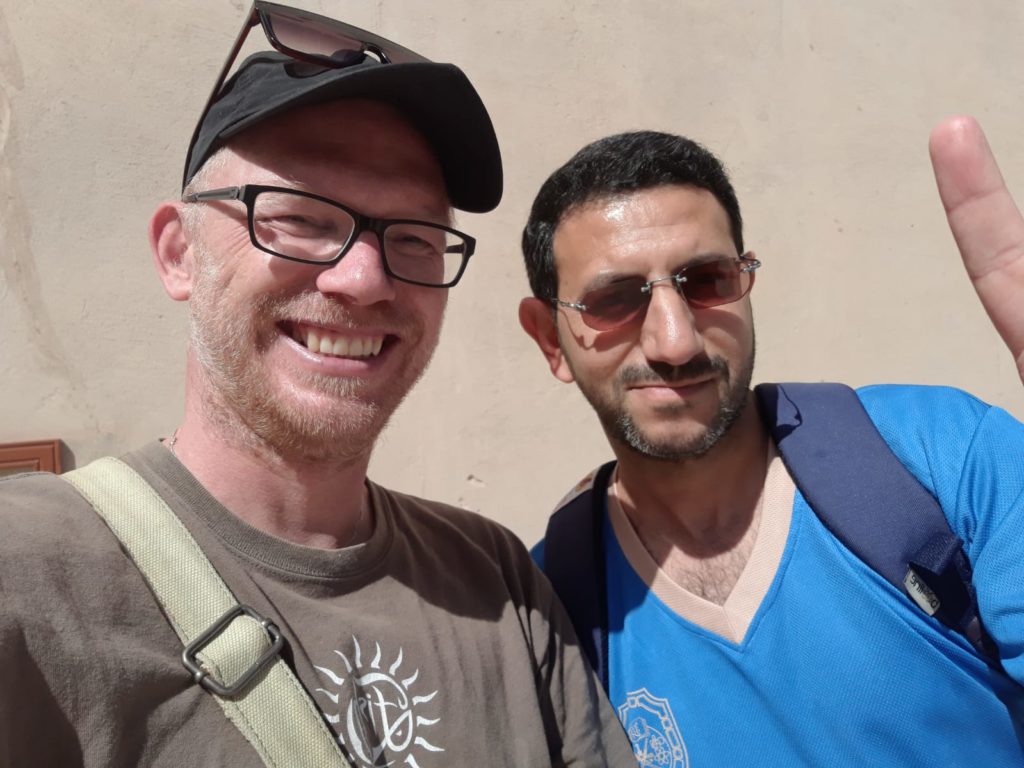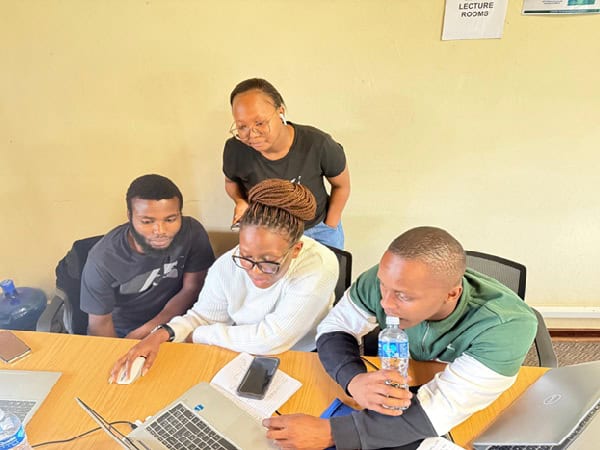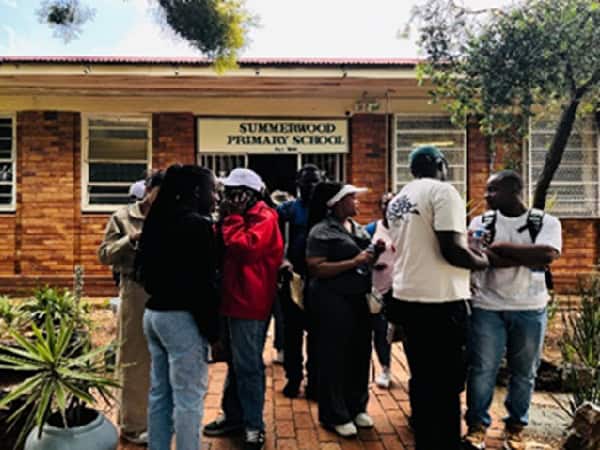Wetskills Oman 2020 – the corona edition
Supervised by Ahmed Al-Busaidi and Marcel Rompelman
Wetskills Oman 2020 finished a day earlier than originally planned. Cut short by lack of international conferences, national conferences or any podium whatsoever due to corona measures (so where is our jury?).
The start
After seeing some of the most beautiful countrysides on our way through the Sama’il pass in the Al-Hajar mountains from Seeb to Nizwa, culture in Nizwa Fort, a 4500-year-old water system (Falaj Daris) and a limestone cave in Hoota, the event took off. As ever Wetskills is a hands-on pressure cooker testing your flexibility. Never mind the brilliant ideas coming out of the mix of Omani (16) and Dutch (7) individuals working together on cases from the water industry with some pressure applied (well a lot actually). Everyone had a great experience and adapted well, getting to know some of each other’s culture on the go.
The finish
The group working on the Omani Water case came up with the idea to connect high water and energy-consuming companies with pipelines via Haya Water treatment. So the idea is: wastewater into the treatment plant & treated water back to the company in a network of a double pipe system.
Visual Problem Appraisal (Van Hall Larenstein University) might not work in Oman, due to cultural aspects. This group came up with the idea to create a feature film. By using good actors and movie scriptwriters the propose a dramatic setting of living & feeling the lack of water.
Team 3 worked on the more technical Haya case for their problem of non-domestic waste threatening the lifespan of sewage treatment plants. The pre-treatment of the wastewater from the tankers with means of the electrocoagulation has a large potential of reduction of the organic loads (Biochemical Oxygen Demand up to 90% reduction). With this method, the current maintenance costs of the STP (mainly the membranes) can be reduced tremendously.
Using treated water to give agroforestry a chance is in the mind still difficult. A great concept of decentralizing treatment of wastewater in the villages and falaj areas was received with questions? Will people eat the fruits that were grown in this way? Sultan Qaboos University is already experimenting with the growing of the crops. Will Omani society take up the idea?
All innovative ideas, but team 5 came up winning concept for Water Footprint Implementation (as peer-assessed by the students – yes there is your jury). Their suggestion is to provide jobs for a lot of unemployed higher educated women in Oman by integrating a water footprint calculator in a Water Footprint Hub. This hub is a network linking young professionals to farmers. Easy to adapt and to expand into other areas as well, where business potential is present for all partners in the network.



